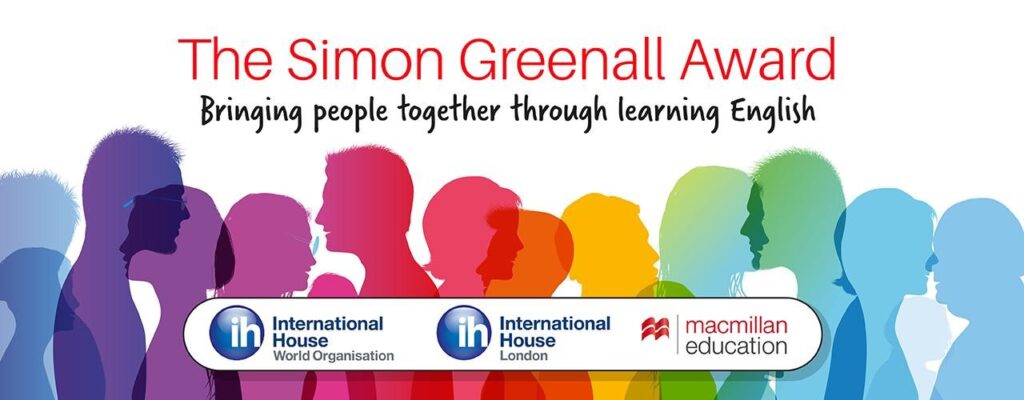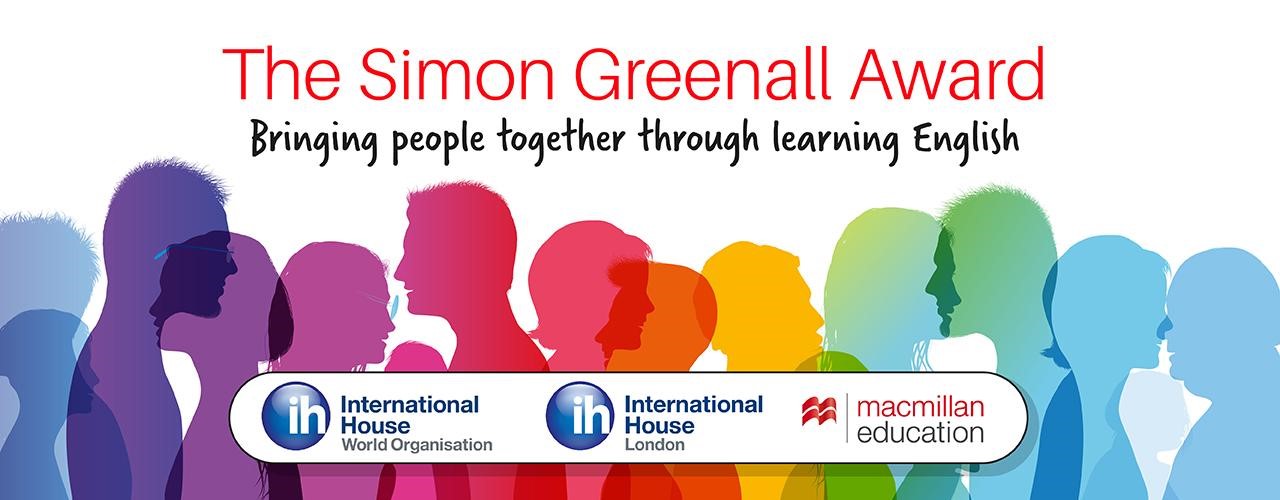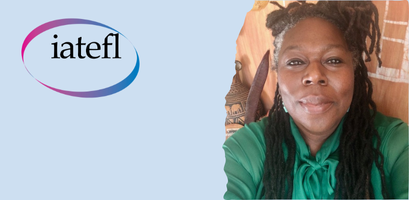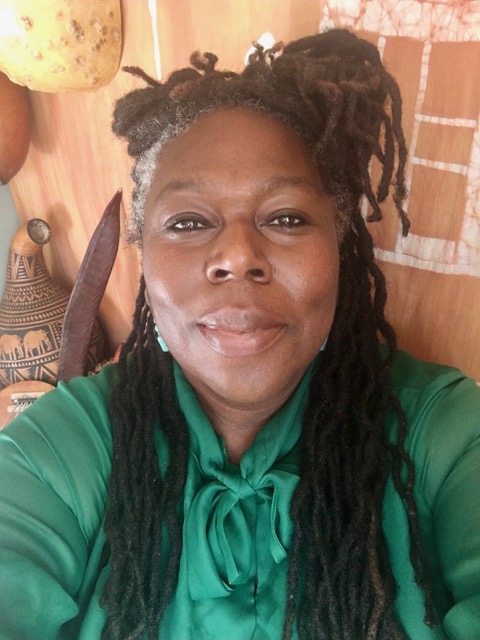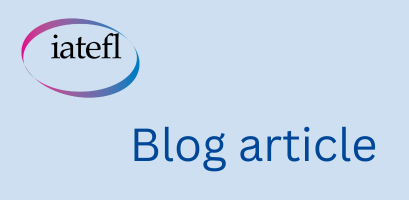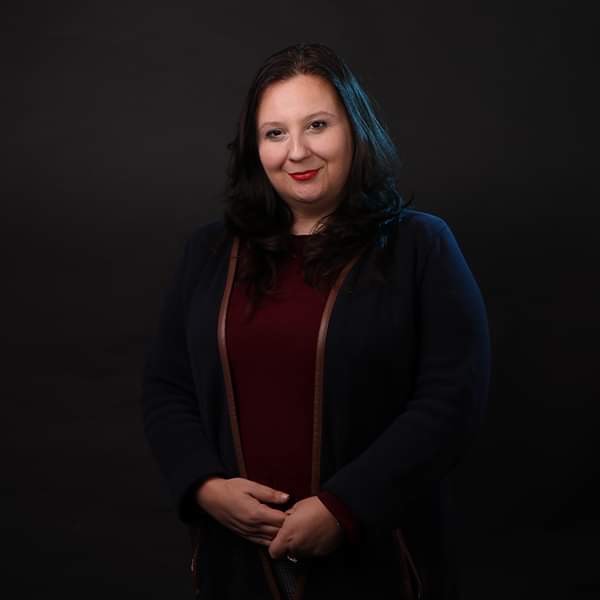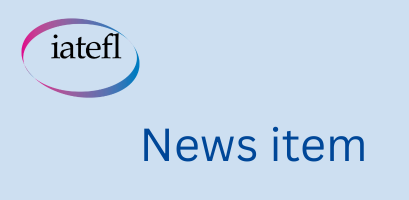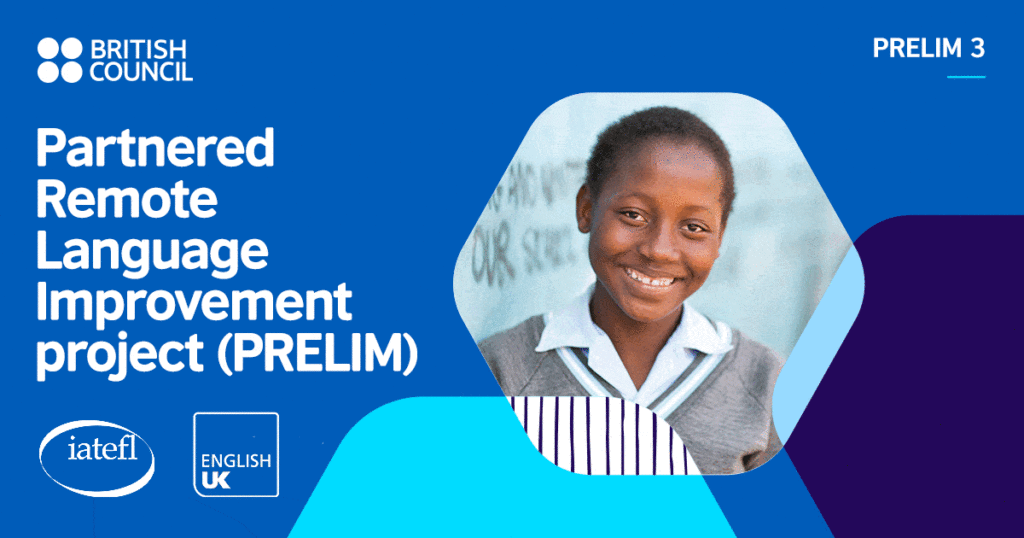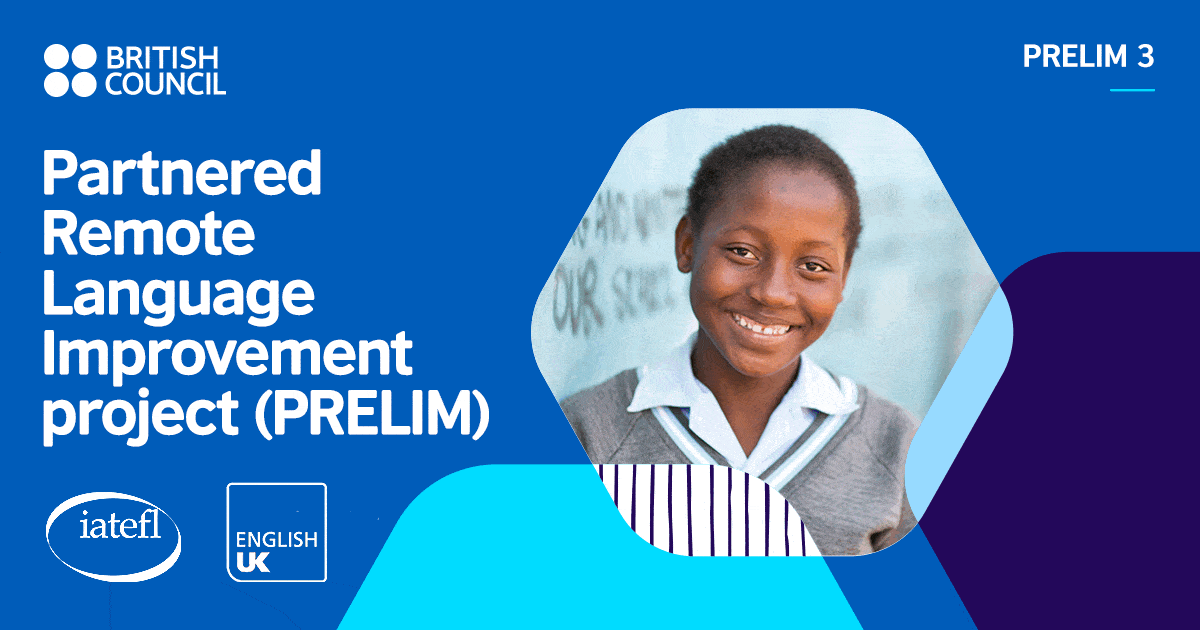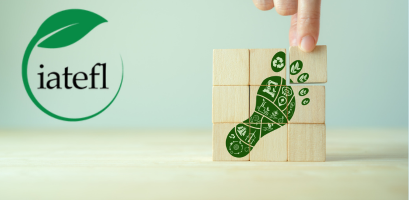
With sustainability being one of IATEFL’s main strategic focuses, we include environmental impacts in all areas of decision-making and planning within the association. Here’s what IATEFL is doing, as well as new initiatives, to address the impact of the association on the environment. We share this information, and encourage additional ideas and suggestions, in order to give other organisations and individuals ideas of what they might do, and also to learn from others ourselves.
Practical initiatives IATEFL has taken as an association
- New this year All individual members of IATEFL now receive the association’s bi-monthly magazine ‘IATEFL Voices’ digitally, with institutions receiving printed versions for sharing around their institution. This has a considerable impact on paper and ink usage, as well as the carbon impact of not sending thousands of magazines around the world each year.
- New this year The IATEFL Membership Card is now sent to all members in digital format. Not only does it contain more useful information, but more importantly it has removed the use of plastic cards and the carbon impact of postage.
- We have significantly reduced the amount of paperwork, forms and letters we print and post to members. This includes member registration and renewal, membership renewal reminders, invoices and receipts.
- All committee meetings are run online, or face-to-face at the annual conference. This reduced the amount of IATEFL-related travel, as well as making the most of the opportunity presented by the annual international conference.
- We have very significantly increased the ratio between our online events and our face-to-face events throughout the year.
- Delegates and exhibitors register for all IATEFL events online.
- The limited printing we still do is on forestry commission assured sustainable paper and using natural (as opposed to synthetic) inks.
- We have a programme of regularly reviewing our online and digital footprint, and removing from the internet and archiving content and files wherever and whenever possible.
Practical initiatives at IATEFL’s annual international conference
- Our delegate badges are printed on hard-wearing paper cards, without needing clear plastic badge holders.
- We have recycle bins for delegate badges and programmes, as well as around the venue for all other waste.
- We use recycled cardboard signage for delegate information where appropriate / possible. This is also reused for future events wherever possible.
- Delegates are invited to bring their own water bottle and refill it from the free water fountains around the venue.
- We distribute IATEFL pens made from recycled cardboard.
- Our printed conference programme is supplemented by a digital version containing additional information on events and sessions, thus reducing the impact of printing, transporting and distributing a larger, heavier printed programme. The programme is printed using a company in the same town/city as the conference venue to reduce unnecessary transportation.
- New this year We are asking delegates whether they require a printed version of the programme at the point they are signing up to cut down on over ordering printed programmes and minimising wastage.
- We promote the use of public transport (negotiating discounts for delegates wherever possible) and car shares as ways for delegates to travel to and from the conference.
- We encourage speakers to share their handouts and PowerPoints online, rather than printing out lots of copies in order to give to delegates.
- We encourage exhibitors to think and be more environmentally aware, celebrate the steps they have taken, and share our environmental objectives with them.
- Many exhibitor offers for delegates are provided through a QR code on a combined ‘member offer leaflet’, to avoid unnecessary printing.
- Our delegate bags are sourced with environmental credentials, and reusability, in mind to avoid them being single-use items.
- Delegates are sent a digital certificate of attendance for the conference, which they can choose to print out if they wish, or store digitally.
- We engage with the venue to identify their sustainability credentials, making clear this is part of our decision-making process. We share and celebrate where significant steps have been taken.
- We request that the catering provider offers a range of options for delegates, including white meat, fish, vegetarian and vegan options, but avoiding red meat due to its higher carbon impact.
- New this year Any excess food is passed on to local homeless charities.
- New this year The venue has a ‘zero to landfill’ policy for any waste generated by the conference.
- New this year All energy used for the conference comes from renewable sources.
Practical initiatives taken at IATEFL Head Office
- New this year We have a Sustainability Champion as part of our Head Office team, and sustainability is a key agenda point on every staff meeting.
- Head Office staff have moved to partial working from home. This has substantially reduced the carbon impact of travelling to work, as well as energy usage at Head Office.
- We use one communal printer/photocopier at our Head Office for the limited printing we do, rather than individual printers each with their own consumables.
- We have an ongoing strategy of digitising information and data wherever possible, to avoid printing and unnecessary use of paper.
- Old computer equipment is donated to relevant charities.
- We recycle paper, boxes, containers and soft plastics, with our shredded organisational paperwork being used locally as beddings for animals.
- We use tea towels, Tupperware pots and plates, cups, glasses and cutlery to avoid disposable and throw-away alternatives.
- Our heating is set on timers to ensure no energy is wasted overnight, on working from home days, at weekends, and in areas of the building and times of the year when heating is not required.
- Our staff car share and use public transport for work travel where and whenever possible.
![]()
If you have an idea or suggestion for how IATEFL can further reduce its carbon footprint please email your idea to: [email protected]
